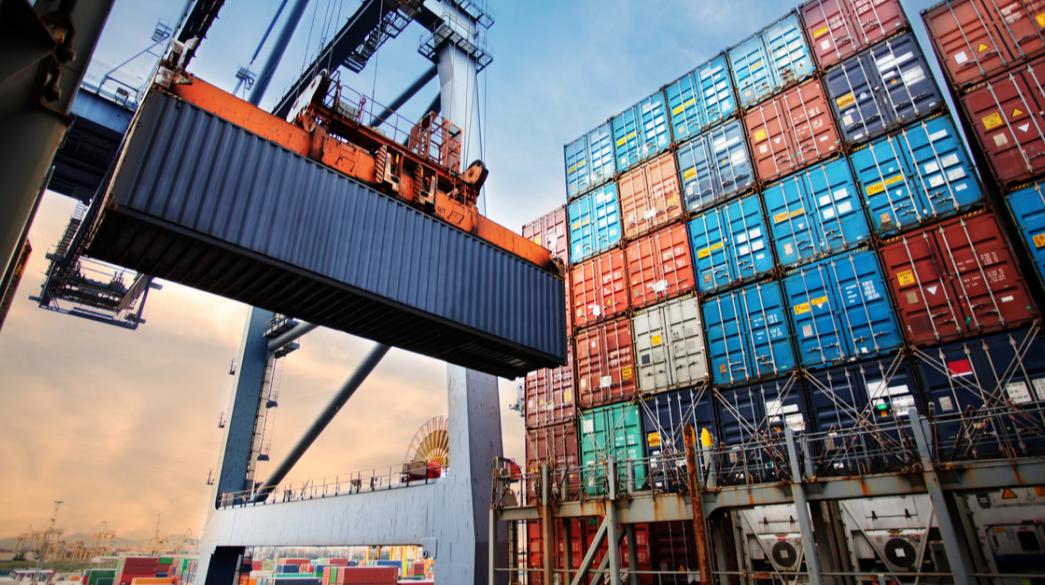The imposition of 30% tariffs on EU export goods to the U.S. reshapes the landscape. While Greece’s overall exposure is limited—with exports to the U.S. totaling €2.4 billion in 2024—certain food companies are heavily dependent on the American market and are expected to be directly affected.
EU officials and businesses had come to terms with the idea of a general 10% tariff on exports to the U.S., but President Trump once again caught them off guard by announcing that, starting August 1st, a blanket 30% tariff will be imposed on all EU exports to the U.S.—warning further that if the EU responds with countermeasures, tariffs could rise even higher.
The EU had already prepared a countermeasure package for previous tariff rounds but had put it on hold to allow negotiations to continue. Talks between the two sides are expected to proceed up until August 1, though calls are growing within the EU for a strong response if no progress is made. Over 25% of European companies’ revenues come from the U.S., and a 30% tariff would render many EU goods uncompetitive.
Greece, as an economy, does not heavily depend on the U.S. market. In 2024, Greek exports to the U.S. amounted to €2.4 billion, or 4.8% of total exports. Imports from the U.S. stood at €2.2 billion, resulting in a positive trade balance for Greece. The main imported product is liquefied natural gas, worth €1.1 billion.
While the 30% tariffs will certainly impact the Greek economy, they are not expected to be crippling. However, several companies—mainly in the food industry—that generate a significant share of their turnover from the U.S. will feel an immediate impact. It is important to note that the tariffs apply to goods trade and not to services such as tourism, transportation, or financial services.
Greek exports to the U.S. in 2024 were mainly concentrated in two categories: Food and Live Animals (€633.6 million) and Mineral Fuels and Lubricants (€551 million). These were followed by Manufactured Goods Classified by Material (€397.6 million), Machinery and Transport Equipment (€328.9 million), Miscellaneous Manufactured Articles (€146.2 million), Chemicals and Related Products (€131.5 million), and Animal or Vegetable Oils and Fats (€76.8 million).
In the food category, standout exports include edible olives (€212 million), fruit and vegetables (over €200 million), olive oil (€77 million), and dairy products such as feta cheese and yogurt (€75 million).
The risk of competition from third countries in the U.S. market
In the food sector, there are companies with a large share of their revenue coming from the U.S. In contrast, fuel exports represent a relatively small proportion of the total turnover of Greek refineries and are unlikely to be affected—especially given the possibility of redirecting these exports to other markets.
ElvalHalcor, a member of the Viohalco group, exports approximately 11% of its revenue to the U.S. and is expected to be impacted by the new tariffs. Additionally, there is the indirect risk of competitive displacement: Greek products could face heightened competition from third countries that are not subject to the 30% tariff. For instance, countries like Turkey and Tunisia have a strong presence in the U.S. market for olive oil and edible olives. If similar tariffs are not imposed on these countries, their products will become cheaper and more competitive than EU-origin goods.
It should be noted that President Trump has stated that revenue from these tariffs will be used to reduce corporate taxes in the U.S. This would benefit Greek companies with production facilities in the U.S., such as Titan Cement, FAGE, and Mega Yeeros. Additionally, companies such as Cenergy and Flexopack will not be concerned about tariffs once their U.S. production units come online in Baltimore and Pennsylvania in 2028, respectively.









